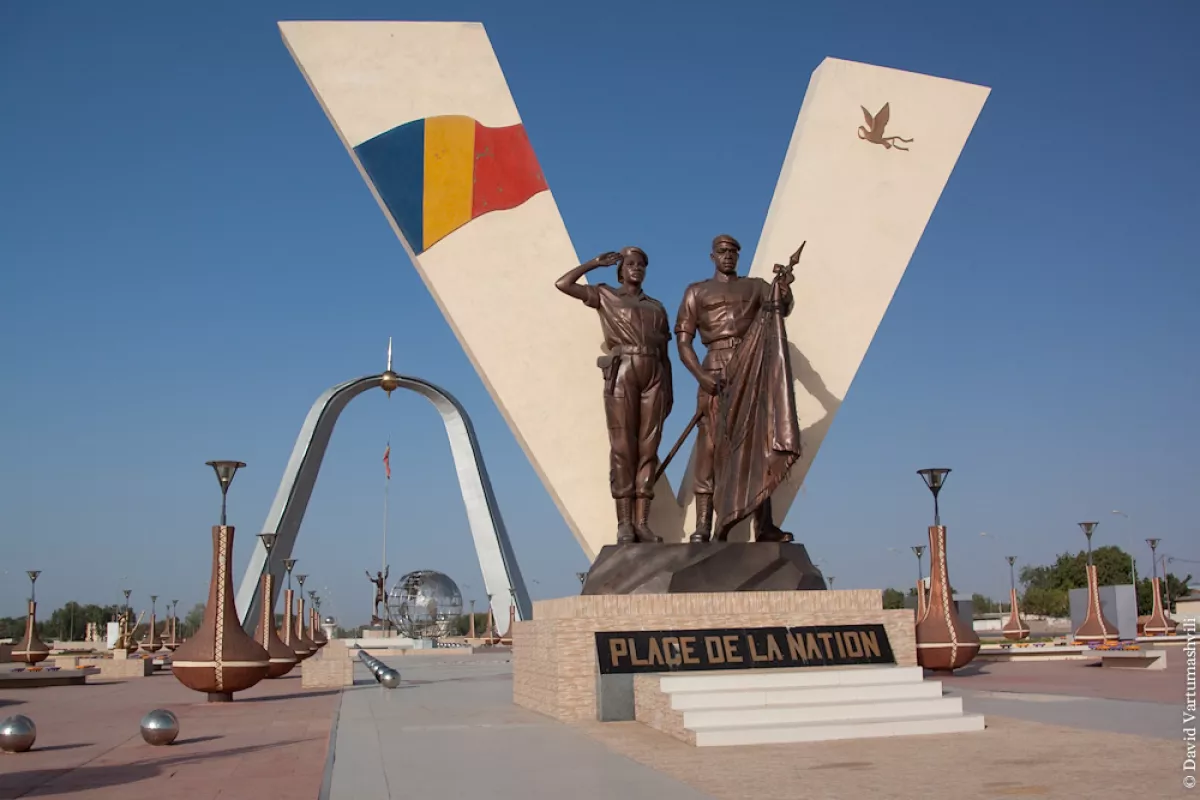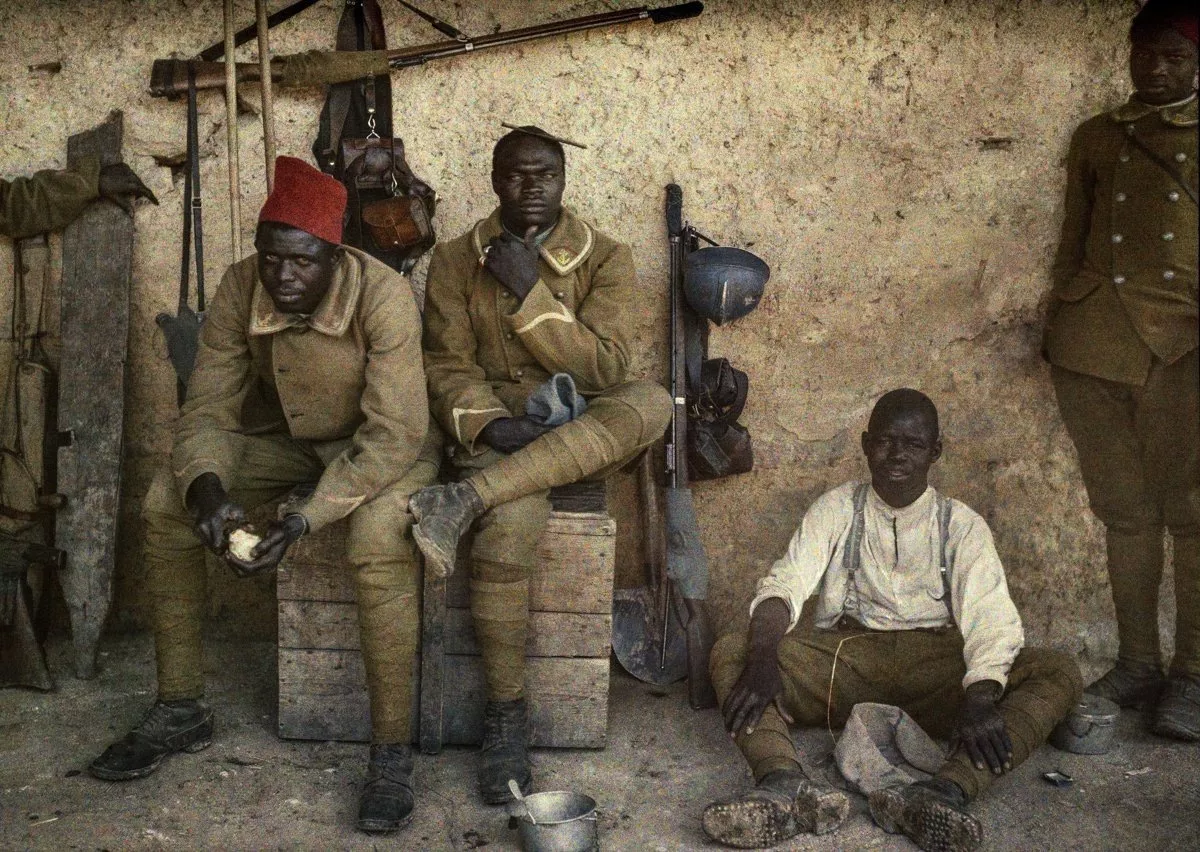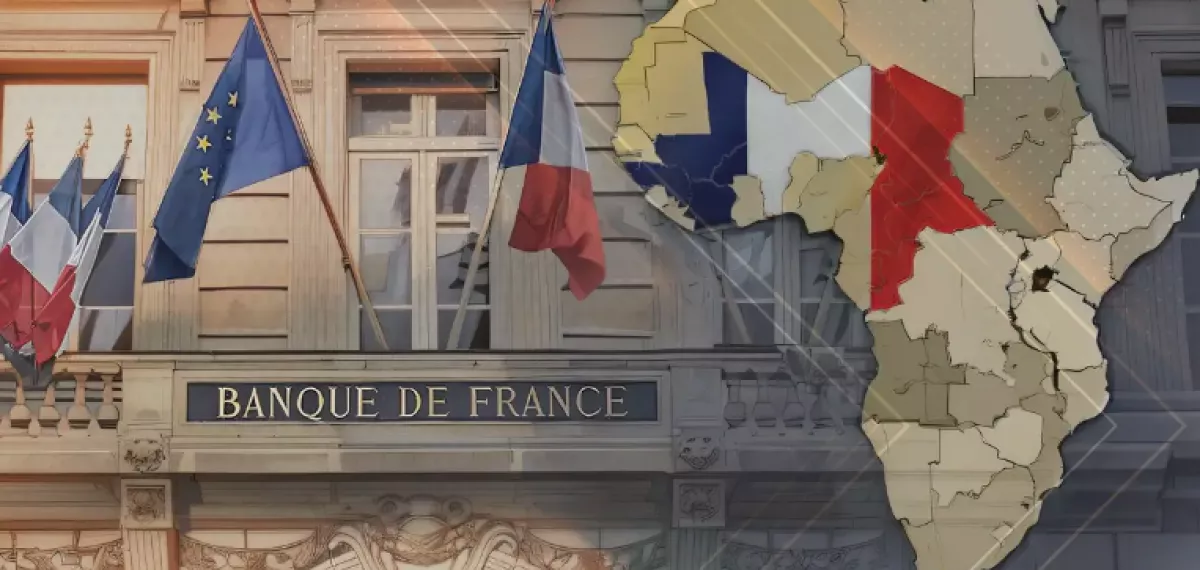France's declining influence in former colonies A call for compensation and sovereignty
Recently, Abderaman Koulamallah, Minister of Foreign Affairs, International Cooperation, African Integration, and Affairs of the Chadian Diaspora Abroad, made the following announcement: “The government of the Republic of Chad informs the public of its decision to terminate the defence cooperation agreement with the French Republic.”
This is undoubtedly significant news. France, or more precisely, its influence in its former colony, is steadily waning. What did this defence cooperation agreement entail? It allowed French armed forces to deploy both ground and air assets within Chad for military operations, including inside Chad with the participation of Chadian forces, and beyond Chad’s borders when the French deemed it necessary to conduct punitive expeditions in neighbouring countries, specifically within the G5 Sahel community (comprising Burkina Faso, Mauritania, Mali, Niger, and Chad).
In addition to its strategic location, Chad is rich in resources, including oil, bauxite, gold, beryl, tin, copper, as well as tantalum and uranium. This explains the scale of France’s distress and the satisfaction of those who feel no sympathy for its predicament. French soldiers and officers also moved freely across Chad’s territory, sparking justified resentment among the local population, with the sentiment that "this is not Marseille or Lyon."

However, as is often the case, all things come to an end. Once the agreement is officially terminated — which is expected to happen soon — French troops will be asked to leave Chad, along with their belongings. Furthermore, French businesses are likely to see their interests curtailed (given the country's resources like oil, bauxite, gold, and uranium). This marks a significant blow to France’s economic and geopolitical influence, as well as to its national pride. And while Chad is at the centre of this development, the most dramatic consequences may still lie ahead.
In an interview with Agence France-Presse, Senegalese President Bassirou Diomaye Faye stated that the presence of French military bases in the country was incompatible with national sovereignty. He emphasized, "Senegal is an independent country, it is a sovereign country and sovereignty does not accept the presence of military bases in a sovereign country."
During the interview, the Senegalese leader also highlighted the positive and constructive relationships between Senegal and countries such as the United States, Türkiye, China, and Saudi Arabia, noting that these nations do not maintain military bases in Senegal.
The history of relations between Senegal and France spans several centuries, with some historians tracing French influence in Senegal as far back as the 14th century. By the end of the 19th century, Senegal had become part of the French colonial empire (French West Africa). As a result, Senegal has accumulated significant grievances against France—grievances shared by many former colonies. As the poet once said, "their mouths are full of reproaches." However, mere reproaches are not enough. The real demand is for the removal of French military bases and compensation payments, as such claims should have material consequences, yielding financial benefits for those who make them.

A brief historical excursion
The Senegalese riflemen were also known as tirailleurs, and initially, these units were formed from slaves who were specifically purchased from slave owners. Later, as the number of units increased, the composition of the tirailleurs shifted to include enlisted volunteers and conscripts, but in the early stages, they were exclusively slaves—nothing but the hardest of the hard. Moreover, the worse France's situation became, the more difficult it was for the Senegalese riflemen. For example, during World War I, the mobilization of Senegalese soldiers was forced, leading to several uprisings. The French had no sympathy for the Senegalese and sent them forward for dangerous reconnaissance missions. The tirailleurs operated in loose formation, engaging the enemy with targeted fire and preparing for infantry attacks (the main striking force).
Some statistics
During World War I, 183,000 black soldiers fought for France, with 134,000 deployed to Europe and North Africa. Around 30,000 Senegalese soldiers were killed or went missing, and about 40,000 were wounded. During World War II, more than 160,000 Senegalese riflemen fought for France. Incidentally, it was these men who landed in Southern France in August 1944 and helped liberate the region from the Nazis. And what were the French doing at that time? While I can’t speak for everyone, for example, Yves Montand was singing for German officers in Parisian cafés (probably as part of his subversive activities).
Food for thought
Among those who fought in the French Resistance were Corsicans, Spaniards, Soviet prisoners of war, and German anti-fascists. Of course, there were also French fighters, but most preferred to follow the advice of Pétain, who, in a radio address on June 25, 1940, called on the French people to engage in "intellectual and moral renewal." This included figures like Yves Montand and Edith Piaf, who, it seems, embraced a moral renewal.
Incidentally, the President of Senegal is absolutely right in believing that his country is fully entitled to an official apology from France. For example, for the war crimes committed against Senegalese soldiers in the French army 80 years ago. It was in November 1944 that around 1,600 African soldiers, who had fought for France (a grave mistake) and had been taken prisoner by Germany, were sent back to Dakar. Upon their arrival at the military camp in Thiaroye, the soldiers staged a protest against delays in their pay. Instead of settling the matter fairly, the French opened fire on the protesters, killing at least 35. However, historians claim the death toll was much higher.
"France made every effort to hide (the narrative) by obstructing any reference to the massacre, hiding the truth about repatriated soldiers, the nature of the movement, the scope and means of repression, the death toll, the identification of the tombs." However, according to the well-respected Senegalese historian Mamadou Diouf, these efforts are still insufficient. To restore justice, France must provide African countries access to all relevant archives, officially acknowledge the massacre, reopen the case, pay compensation, and identify mass graves. The goal is not to settle scores or seek revenge, but to uncover the truth about this tragedy and put an end to historical falsifications. "We must be able to obtain compensation—both moral and material. This is completely reasonable," says Diouf.
Amidst all these remarkable and fascinating events, it is worth highlighting the words of the official spokesperson for the Russian Ministry of Foreign Affairs, Maria Zakharova, who commented on the protests on the island of Martinique: "Paris wants to receive benefits, just as the French Empire once did, but this causes public discontent." This remark is more than justified, and the discontent is not only coming from the people of Martinique—their number is legion.

By the way, speaking of compensation, complaining about poverty seems unnecessary when France has plenty of money. For instance, countries that were once part of the so-called "French West Africa" (former French colonies) still belong to the French franc zone. This means that 60% of their national budgets are controlled by the French Treasury. The West African Monetary Union (WAMU) includes 8 countries: Benin, Burkina Faso, Guinea-Bissau, Ivory Coast, Mali, Niger, Senegal, and Togo. These nations use the West African CFA franc, also known as XOF. There is also the Central African Economic and Monetary Community (CEMAC), which comprises 6 countries: Gabon, Cameroon, Congo, Central African Republic, Chad, and Equatorial Guinea. These countries use the Central African CFA franc. Additionally, the Comoros Union uses the Comorian franc. As Duke de Malicorn said in The City of Masters, "Cities belong to you as long as you can turn out the pockets of those who live in them." I believe this analogy is more than fitting.
Algeria, Burkina Faso, Chad, Senegal, Niger, Guadeloupe, Corsica, Martinique, New Caledonia, Mayotte, and others must consistently defend their interests. In the case of former colonies, this means seeking compensation, while for those still under the colonial yoke of France, it means achieving liberation from colonial rule and subsequently receiving compensation. As was once said in the Comintern, "The sympathies of the working class, the progressive peasantry, the intellectual vanguard, and, ultimately, all freedom-loving humanity are on the side of the oppressed."








